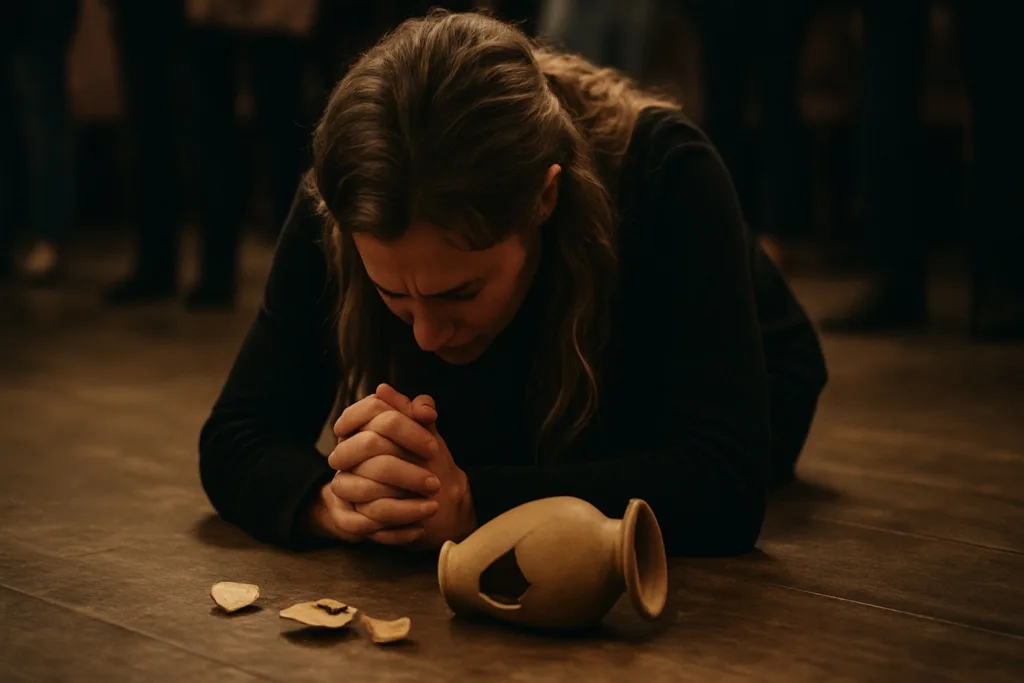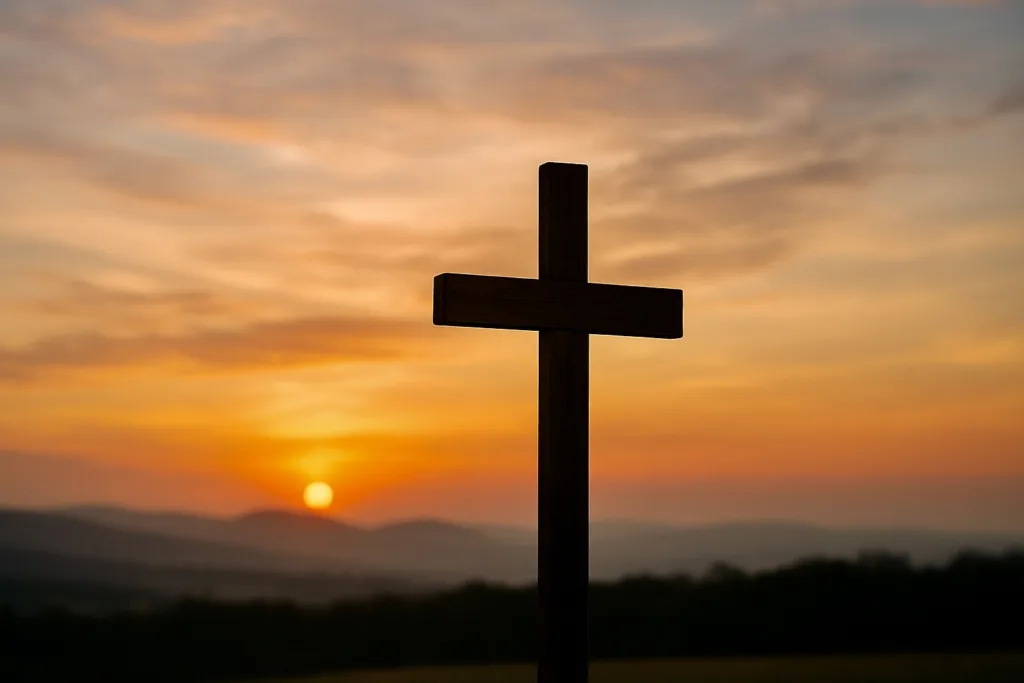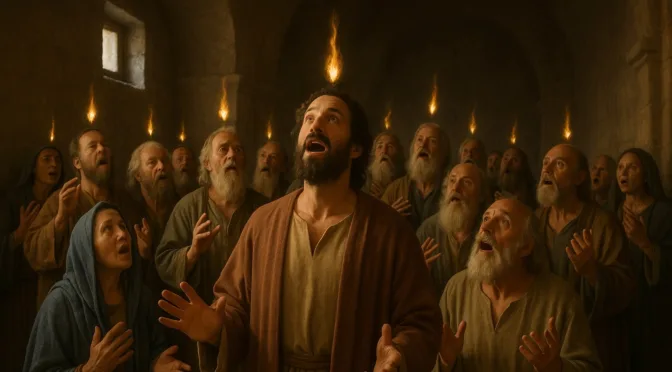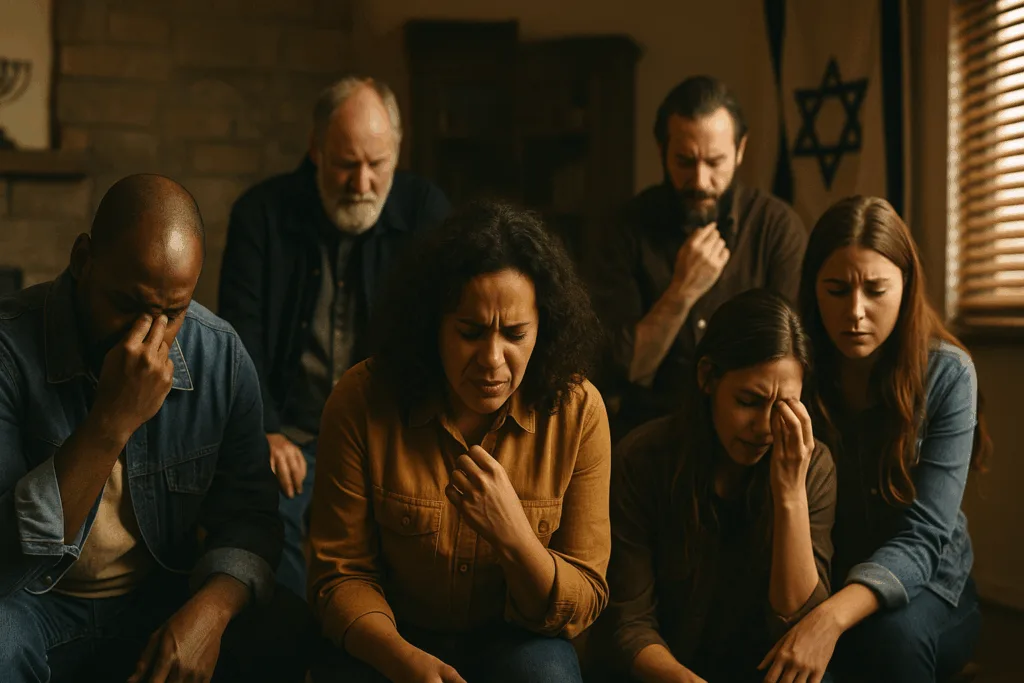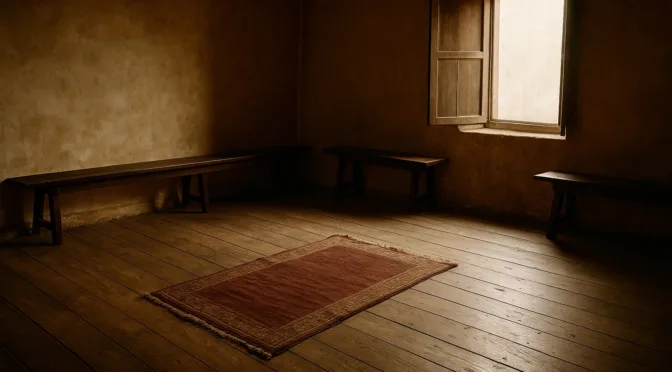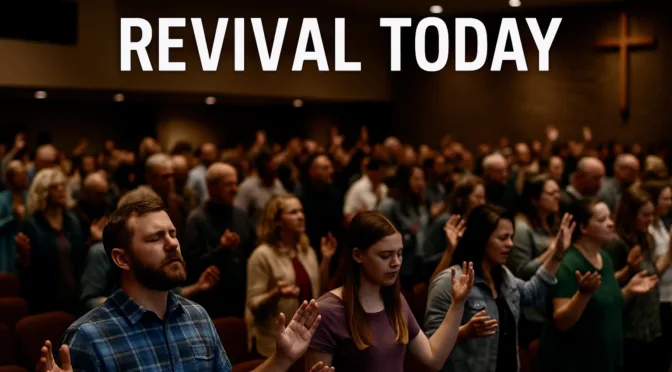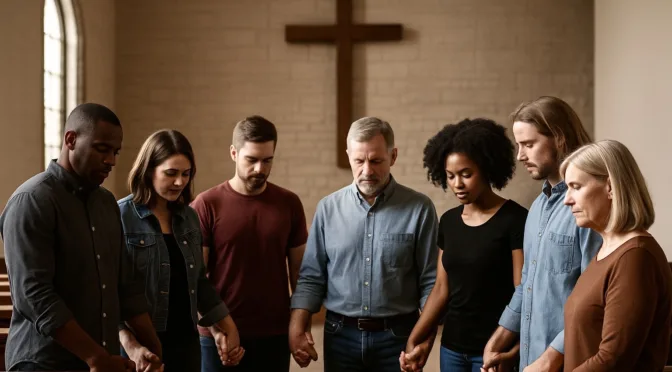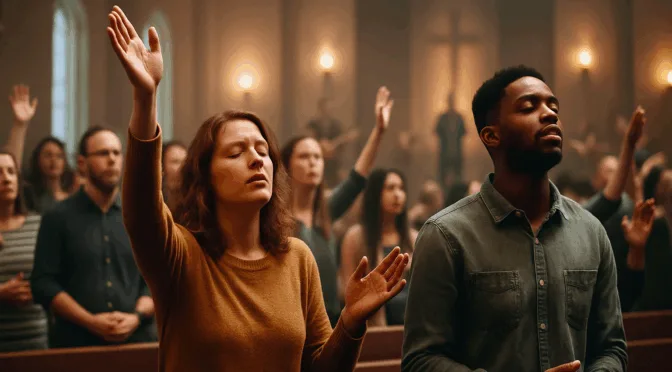Walking in the Light Beyond Human Opinion
“But the one who is spiritual evaluates all things, yet he himself is evaluated by no one.” — 1 Corinthians 2:15, NASB
The man or woman filled with the Holy Spirit is governed not by the opinions of this world, but by the mind of Christ. “We have received not the spirit of the world, but the Spirit who is from God, so that we may know the things freely given to us by God” (1 Corinthians 2:12, NASB). This Spirit-illumined life allows us to see, discern, and judge—not by fleshly instinct, but by eternal truth.
This means our worldview must be shaped not by culture or consensus, but by the Word of God applied through the Spirit of God. The Spirit’s judgment is not mere intellect—it is illumination. It is the light of the Lord causing our hearts to perceive what cannot be seen by human eyes. “Your word is a lamp to my feet and a light to my path.” (Psalm 119:105, NASB)
The Spiritual Man Is a Miracle
Scripture makes it clear: “The natural person does not accept the things of the Spirit of God, for they are foolishness to him; and he cannot understand them, because they are spiritually discerned.” (1 Corinthians 2:14, NASB) The one who walks in the Spirit is a mystery to the world. Their decisions seem odd, their standards strange. But they are living by a different wisdom—a wisdom from above. “But the wisdom from above is first pure, then peace-loving, gentle, reasonable, full of mercy and good fruits…” (James 3:17, NASB)
This is not a self-made man, but a Spirit-born one. “That which is born of the flesh is flesh, and that which is born of the Spirit is spirit.” (John 3:6, NASB) He is a stranger to the world because he has been made new—“Therefore if anyone is in Christ, this person is a new creation; the old things passed away; behold, new things have come.” (2 Corinthians 5:17, NASB)
Beyond the Veil, at the Feet of Jesus
We cannot walk in the Spirit’s judgment unless we press beyond the veil into intimacy with God. The old man cannot enter there. “Who may ascend onto the hill of the Lord? And who may stand in His holy place? One who has clean hands and a pure heart…” (Psalm 24:3–4, NASB)
There, in the secret place, the Spirit teaches us. “But the Helper, the Holy Spirit, whom the Father will send in My name, He will teach you all things…” (John 14:26, NASB). We begin to see people, situations, even our own hearts with fresh clarity. The Spirit’s judgment gives us God’s perspective. “For the Lord does not see as man sees, since man looks at the outward appearance, but the Lord looks at the heart.” (1 Samuel 16:7, NASB)
The Warning and the Comfort
Some wrestle with deep fear—“Have I committed the unpardonable sin?” Yeshua warned the Pharisees in Mark 3:29 that “whoever blasphemes against the Holy Spirit never has forgiveness.” But what marked them? Hardness. Pride. A refusal to acknowledge the work of God. Their eyes were blind, their hearts cold.
If you tremble, if you weep, if you worry—that very fear is proof that the Spirit is still working in you. “A broken and a contrite heart, God, You will not despise.” (Psalm 51:17, NASB) Conviction is a gift; apathy is the danger. As Hebrews reminds us, “Today, if you hear His voice, do not harden your hearts…” (Hebrews 3:15, NASB)
The Spirit doesn’t come to condemn the believer, but to correct, lead, and restore. “For God did not send the Son into the world to judge the world, but so that the world might be saved through Him.” (John 3:17, NASB) If you are convicted of sin, rejoice: God is still drawing you. Run to Him.
The world may speak, but I will stand,
With eyes alight by Spirit’s hand.
Their wisdom fades, their words grow dim,
For I have learned to walk with Him.
Prayer
Holy God, thank You for the Spirit who searches all things—even the deep things of You. I repent of leaning on my own understanding. Teach me to live by the Spirit’s judgment, not by what is seen, but by what You have revealed. May my life reflect heaven’s values and not earth’s applause. Let the mind of Christ dwell richly in me. Strengthen me to walk as one set apart—full of mercy, truth, and light. In the name of Yeshua, amen.
⸻








